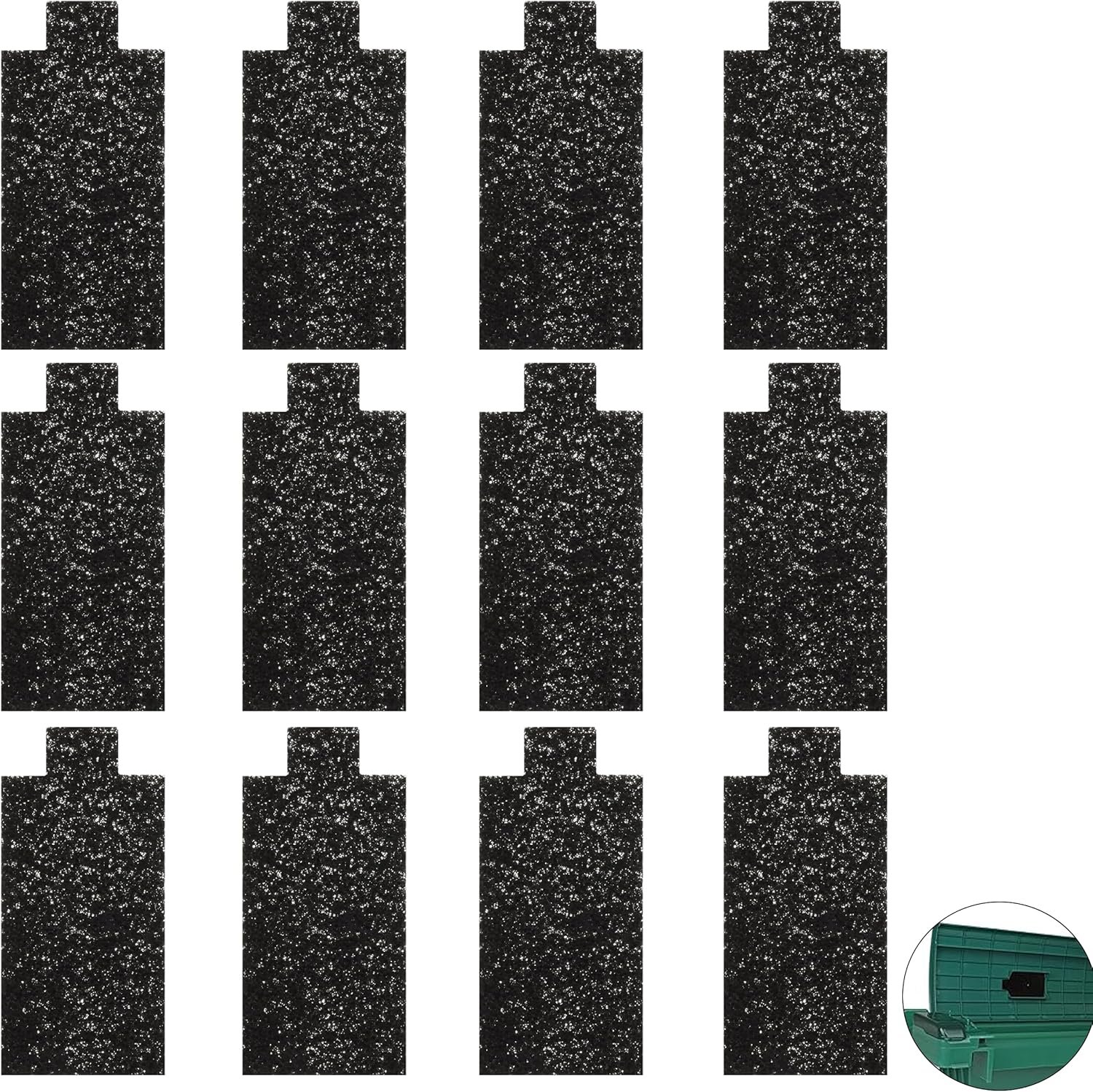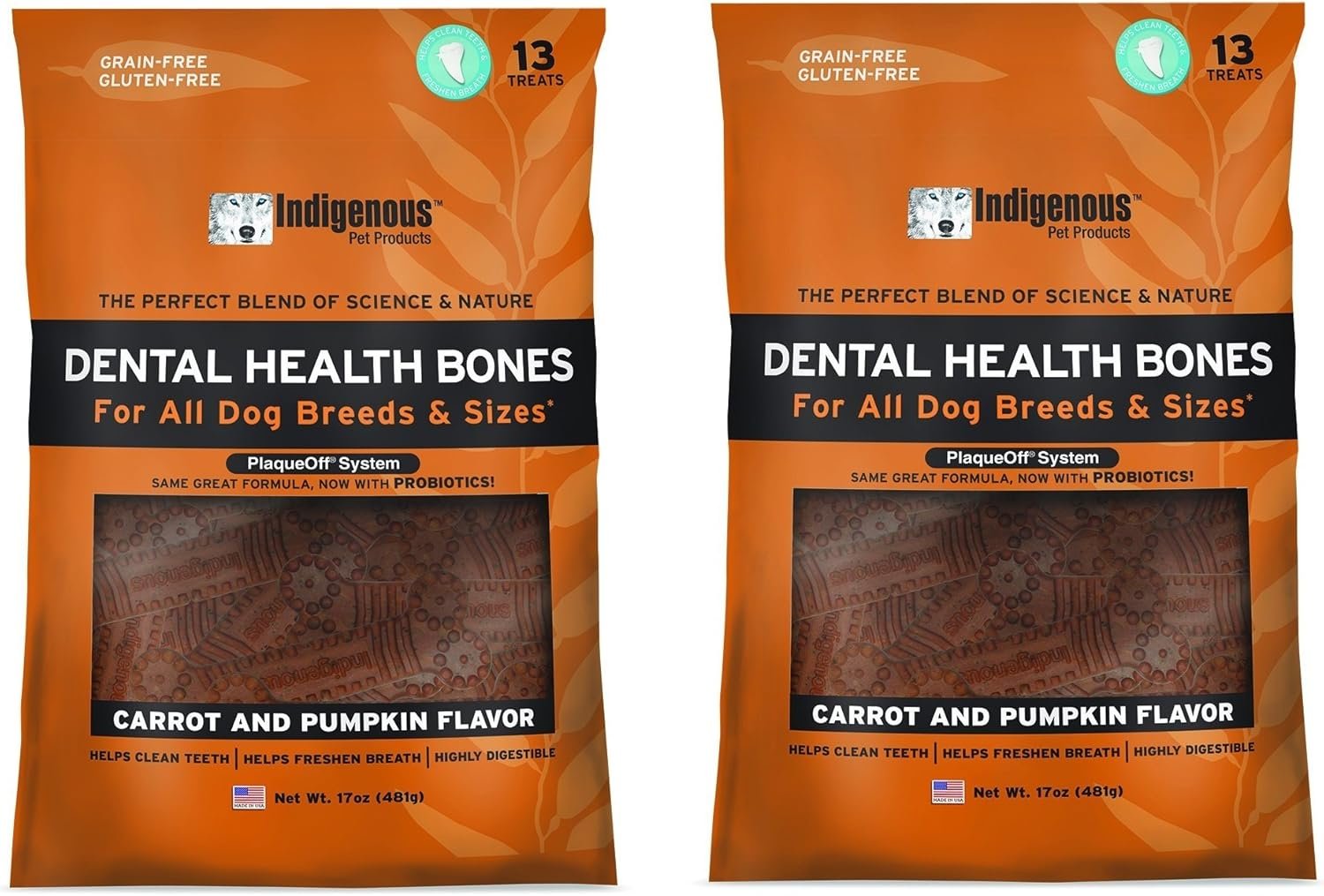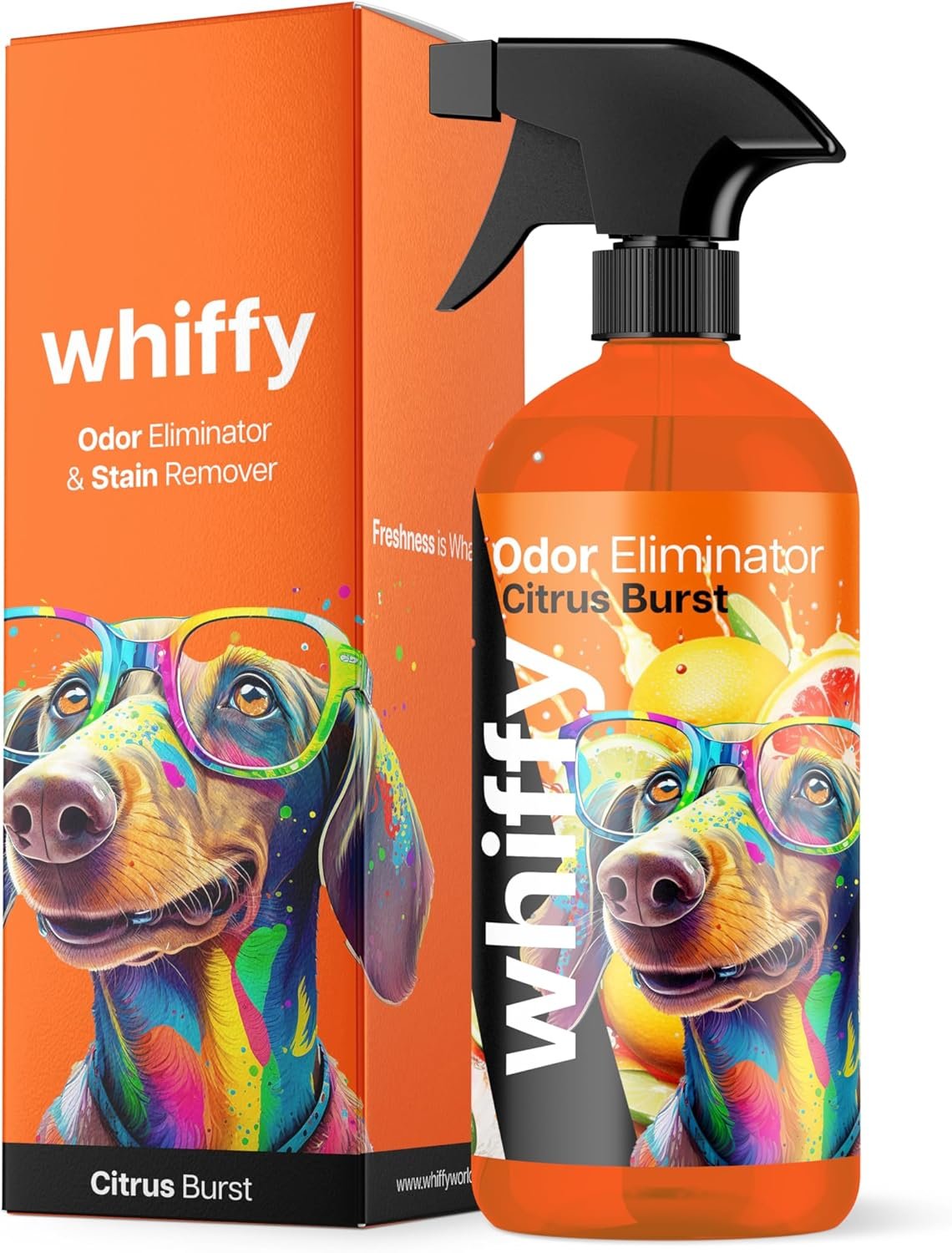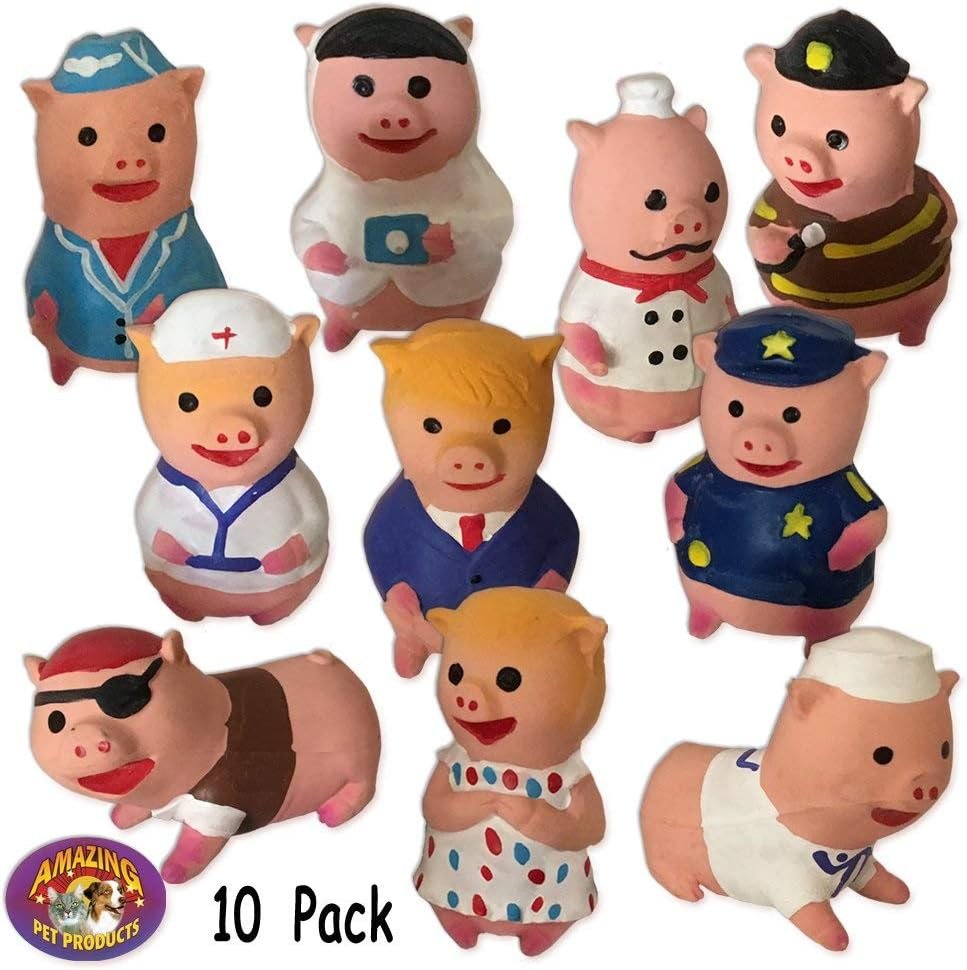Discovering that your dog eats poop can be alarming and distressing for any pet owner. This behavior, known as coprophagia, is actually quite common among dogs of all ages. Understanding the reasons behind this behavior can help in addressing and preventing it in the future.
There are various factors that can contribute to a dog’s tendency to consume feces. Nutritional deficiencies, medical issues, and behavioral instincts all play a role in this behavior. Puppies are more prone to coprophagia, but adult dogs may also exhibit this behavior.
Nutritional deficiencies, such as a lack of B vitamins or iron deficiency, can lead to coprophagia. Dogs with anemia are also more likely to consume feces. Behavioral reasons for this behavior stem from a dog’s scavenging instincts. Dogs may explore their surroundings and be drawn to feces due to their natural curiosity.
Gastrointestinal problems, such as diseases that affect nutrient absorption, can also contribute to coprophagia. Parasites and bacterial infections can cause an increased appetite in dogs, leading them to consume feces. In some cases, coprophagia may be inherited from the dog’s ancestral wolf behavior, where keeping the den free of parasites was essential.
To address and prevent coprophagia in your dog, there are several steps you can take. Firstly, ensure proper cleaning and sanitation practices, especially in areas where your dog frequents. Remove feces promptly and avoid allowing your dog access to other animals’ waste.
Monitoring your dog’s overall health and nutrition is crucial in preventing coprophagia. Regular visits to the vet can help identify any deficiencies or underlying health issues that may be contributing to this behavior. Ensuring your dog’s diet is balanced and nutritious is essential in preventing coprophagia.
Preventing access to feces is key in stopping this behavior. Training your dog to respond to commands, such as “leave it,” can help redirect their attention away from feces. Rewarding desirable behavior and providing distractions can also be effective in curbing coprophagia.
In some cases, a muzzle may be necessary to prevent your dog from consuming feces. However, this should be used as a last resort and with caution to ensure your dog’s comfort and safety. Deterrents and enzyme supplements can also be used to make feces less appealing to your dog.
Overall, addressing the underlying causes of coprophagia and implementing preventive measures can help ensure a happy and healthy dog. By understanding the reasons behind this behavior and taking appropriate steps to address it, you can help your dog overcome this habit and lead a more fulfilling life.
-

(12-Pack, Black) Carbon Cotton Cat Litter Box Replacment Filters Compatible with Pet Zone Semi Automatic Cat Litter Box Filters for Absorbing Odors Control Damp from Pets
$11.99 -

(2 Pack) Indigenous Dental Health Bones Carrot and Pumpkin Flavor – 17 Ounces each
$35.70 -

| 24oz | XL Pet Odor Eliminator for Home, Carpets, Furniture, and More – Cats & Dogs- 750ml
$12.00 -

10 Pack of Little Piggies Latex Squeak Toys 10 from
$28.99
